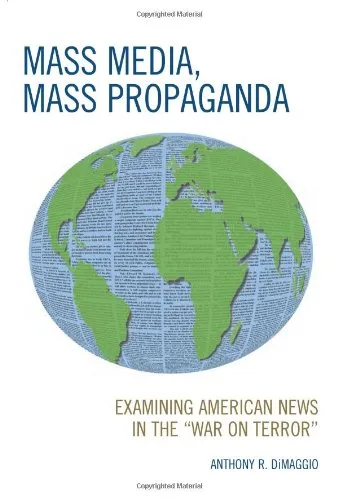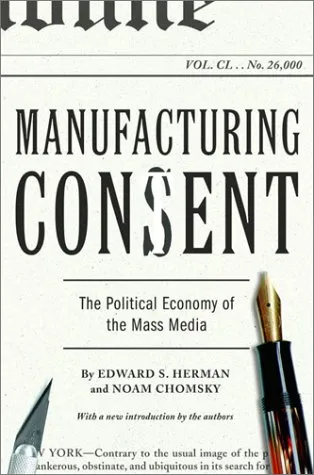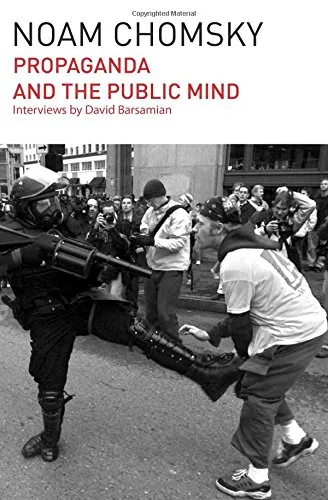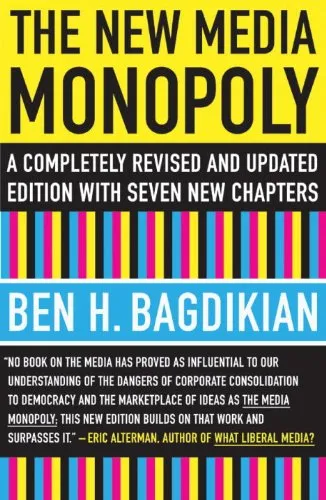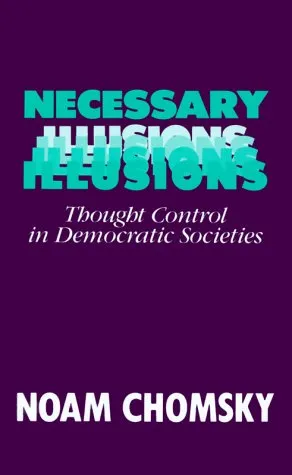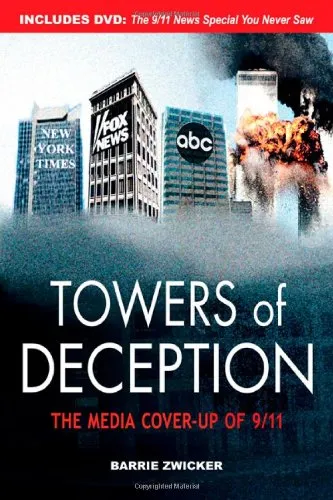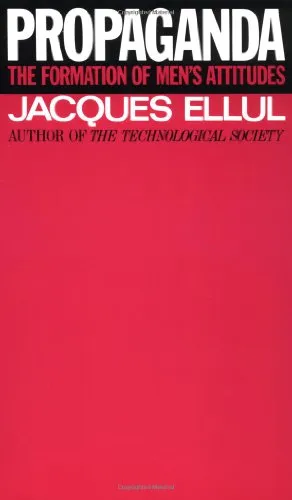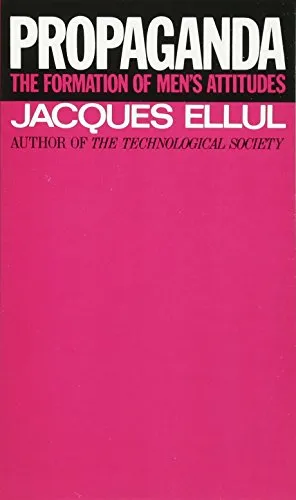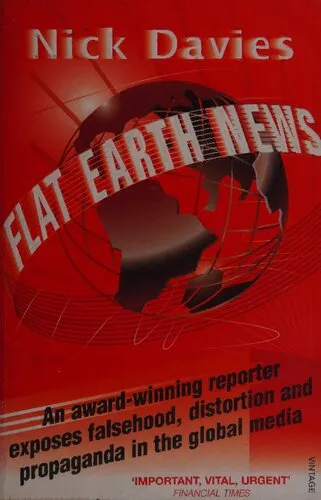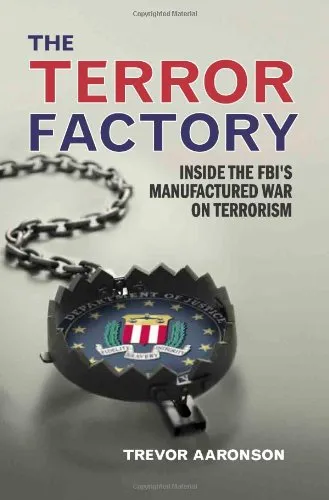Mass Media, Mass Propaganda: Understanding the News in the 'War on Terror'
4.5
Reviews from our users

You Can Ask your questions from this book's AI after Login
Each download or ask from book AI costs 2 points. To earn more free points, please visit the Points Guide Page and complete some valuable actions.Related Refrences:
Introduction
In the era following the tragic events of September 11, 2001, the world witnessed a profound transformation in how information was disseminated and digested, particularly concerning the global 'War on Terror'. Anthony DiMaggio's book, "Mass Media, Mass Propaganda: Understanding the News in the 'War on Terror'", delves into the intricate relationship between media outlets, public perception, and governmental narratives. This introduction aims to provide an in-depth look into the core themes, insights, and enduring relevance of this critically acclaimed work.
Detailed Summary of the Book
DiMaggio's book explores the extent to which mass media in the United States operates as a vehicle of state propaganda during times of conflict, with a focused lens on the 'War on Terror'. He scrutinizes how media coverage is largely shaped by governmental agendas and political power, often sidelining objectivity and critical analysis. By meticulously analyzing news reports, headlines, and media coverage from major outlets, DiMaggio reveals the systematic patterns used to shift public opinion and reinforce governmental narratives.
The book argues that rather than functioning as a platform for democratic discourse and inquiry, the mass media often acts as a conduit for disseminating official propaganda. DiMaggio probes into historical contexts and case studies, unraveling tactics employed by both government and media to manufacture consent among the populace. The book challenges readers to reflect on their consumption of news media and encourages a more critical engagement with how information is presented and interpreted in the context of international conflict.
Key Takeaways
- The mass media often prioritizes governmental perspectives, which can limit the diversity of viewpoints presented to the public.
- Understanding the role of media in shaping narratives is crucial for fostering informed citizenship and democratic participation.
- Critical analysis and media literacy are essential skills in discerning biased narratives and seeking objective truth.
- The book provides historical context to modern media practices, emphasizing how past precedents influence current media behavior.
Famous Quotes from the Book
"The media’s role should not be to simply reproduce the narratives of those in power, but to hold power accountable by providing vigorous and independent inquiry."
"Informed citizenship begins with critical engagement, challenging the stories that are presented as facts and seeking diverse perspectives."
Why This Book Matters
"Mass Media, Mass Propaganda" is an essential contribution to the discourse on media influence and public perception, particularly in the context of conflict and national security. As the world grapples with ongoing global conflicts and an ever-evolving media landscape, DiMaggio’s insights remain remarkably relevant. The book urges readers to not only question the information presented by mass media but also to foster a culture of accountability and transparency in media practices. In bridging the gap between academic critique and practical understanding, it serves as a call to action for anyone committed to the ideals of democracy and informed citizenship.
By elucidating the mechanisms of media propaganda, this book offers a pathway for readers to become more discerning consumers of information, capable of navigating the complex interplay of media and politics in our contemporary world.
Free Direct Download
You Can Download this book after Login
Accessing books through legal platforms and public libraries not only supports the rights of authors and publishers but also contributes to the sustainability of reading culture. Before downloading, please take a moment to consider these options.
Find this book on other platforms:
WorldCat helps you find books in libraries worldwide.
See ratings, reviews, and discussions on Goodreads.
Find and buy rare or used books on AbeBooks.
1265
بازدید4.5
امتیاز50
نظر98%
رضایتReviews:
4.5
Based on 0 users review
"کیفیت چاپ عالی بود، خیلی راضیام"
